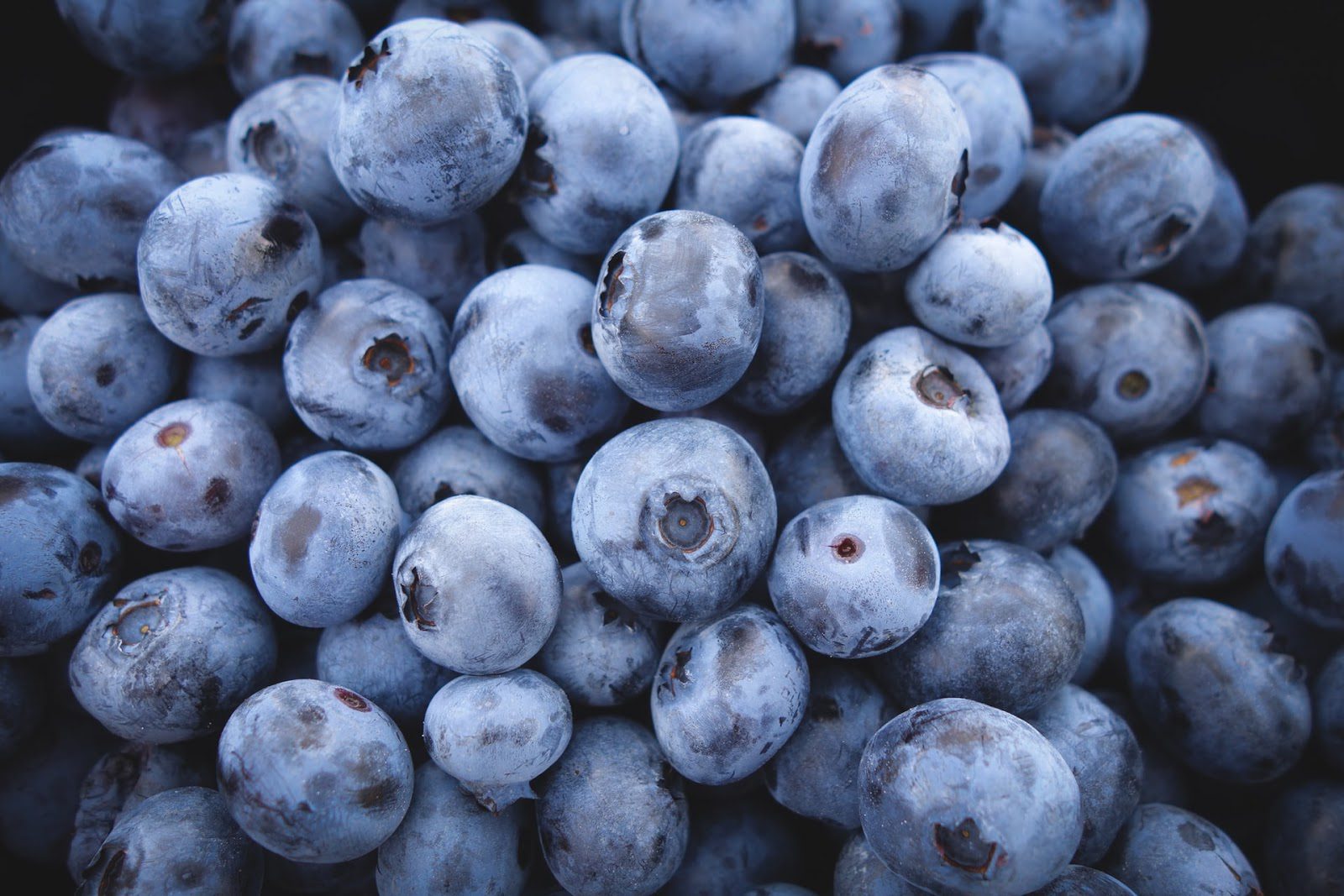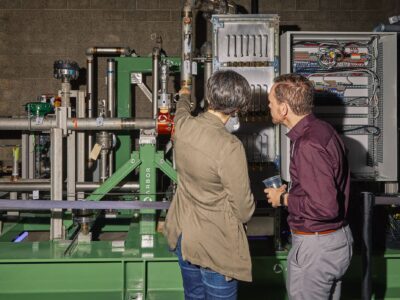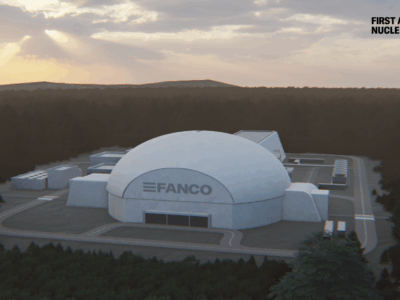If you’ve ever bitten into a Honeycrisp apple straight from the orchard or eaten a handful of blackberries fresh from the vine, you know just how amazing fresh produce can be. Whether you’re shopping at the farmer’s market, the local grocery store, or ordering your produce online, one start-up in Seattle is working to keep your fruits and vegetables fresh for longer. Using patented, low-atmosphere containers, RipeLocker extends the lifespan of berries, vegetables, and fruits by weeks and even months. So you will be able to enjoy fresh, pristine produce throughout the year. In addition to delivering ripe food, their innovative technology also reduces food waste and carbon impact from shipping farm-fresh goods. It sounds almost too good to be true, so the first question you’re probably asking is how does this work?
That’s likely the same question that ran through the mind of Jeff Weijohn, owner of Blueberry Hill when he cracked open a RipeLocker container of blueberries after eight weeks in storage. “They looked like they came right out of the field,” Weijon told Fresh Fruit Portal. “We were extremely pleased with the pristine quality of the blueberries that had been stored in the RipeLocker containers for eight weeks.” Berries are a particularly tricky perishable item to store. Unlike larger fruit, which can be thrown on a conveyor belt and coated in wax or preservatives, berries are too small and delicate for traditional preservation techniques. However, after a number of successful trials, it looks like RipeLocker cracked the code on preserving everything from blueberries to pomegranates to hops. The secret isn’t magical, it’s based on groundbreaking science and scalable technology.
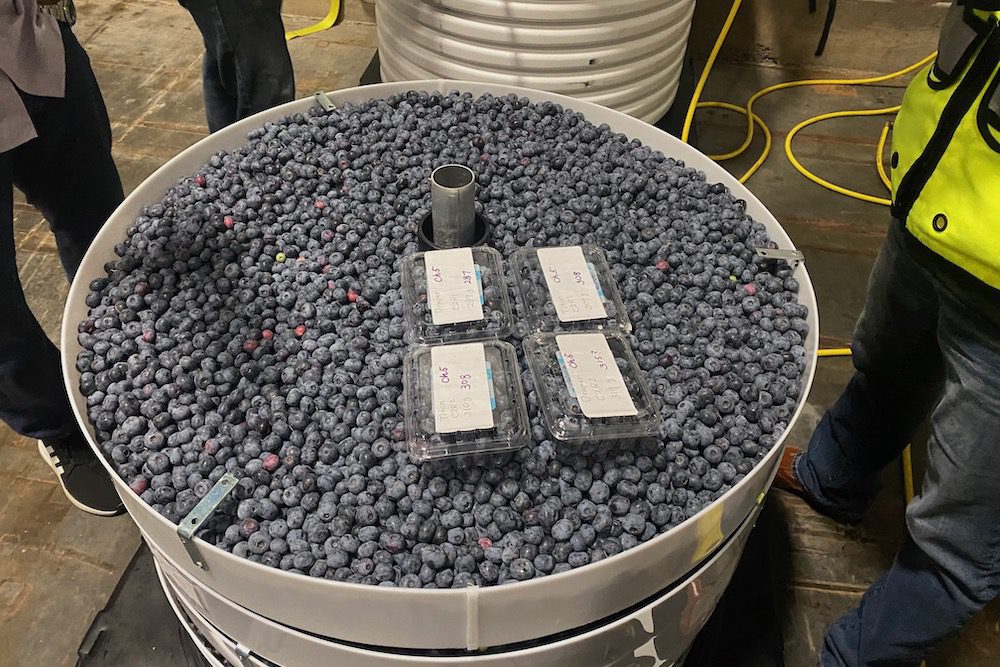
Each RipeLocker container is remotely programmed to ensure the best conditions for the product it’s preserving. A container full of strawberries requires different conditions than a container full of hops, and RipeLocker containers can be programmed for each product. The container uses a low-pressure vacuum inside the container to create the optimum balance of oxygen (O2) and carbon dioxide (CO2). As RipeLocker CEO, George Lobisser, explains, “The key is to get the perfect balance here: too little O2 and you get an anaerobic environment which would choke the product, too much O2 and the container isn’t doing its job of extending shelf-lives. But with the perfect balance, the RipeLocker works to extend the shelf-life of perishables while maintaining their optimal quality.”
By tailoring these conditions inside the container to the product, they essentially put the produce into hibernation, slowing decomposition. Low-levels of O2 mean harmful pathogens, like botrytis, simply cannot grow. In this way, RipeLocker’s containers keep fruit and vegetables fresh without chemicals, waxes, or preservatives. Moreover, the containers are adaptable to changing environments. Throughout their journey, each RipeLocker container is carefully monitored. When the refrigeration unit on the blueberry test broke down, the remote programmers were able to compensate for the increased temperature and keep the blueberries fresh despite the heat.
Not only does this adaptability mean the produce lasts longer, but it also reduces food waste. In a traditional shipping container, most fruit doesn’t last long, especially when the refrigeration goes out. Reducing food waste reduces the environmental impact of the shipping industry. “RipeLocker containers literally slow the decaying process, so they reduce the amount of produce that needs to be discarded due to decay,” Lobisser shared with The Business Download. “Because RipeLocker containers help reduce food waste, less energy is needed to grow additional crops.” Since the produce stays fresher, longer, more farmers can ship their goods via ocean or land transportation instead of shipping it by air. This results in roughly 44 times fewer carbon emissions, according to Lobisser. Environmental sustainability has long been at the core of RipeLocker, and each container is made from recycled materials and can be reused, reprogramed, and resealed.
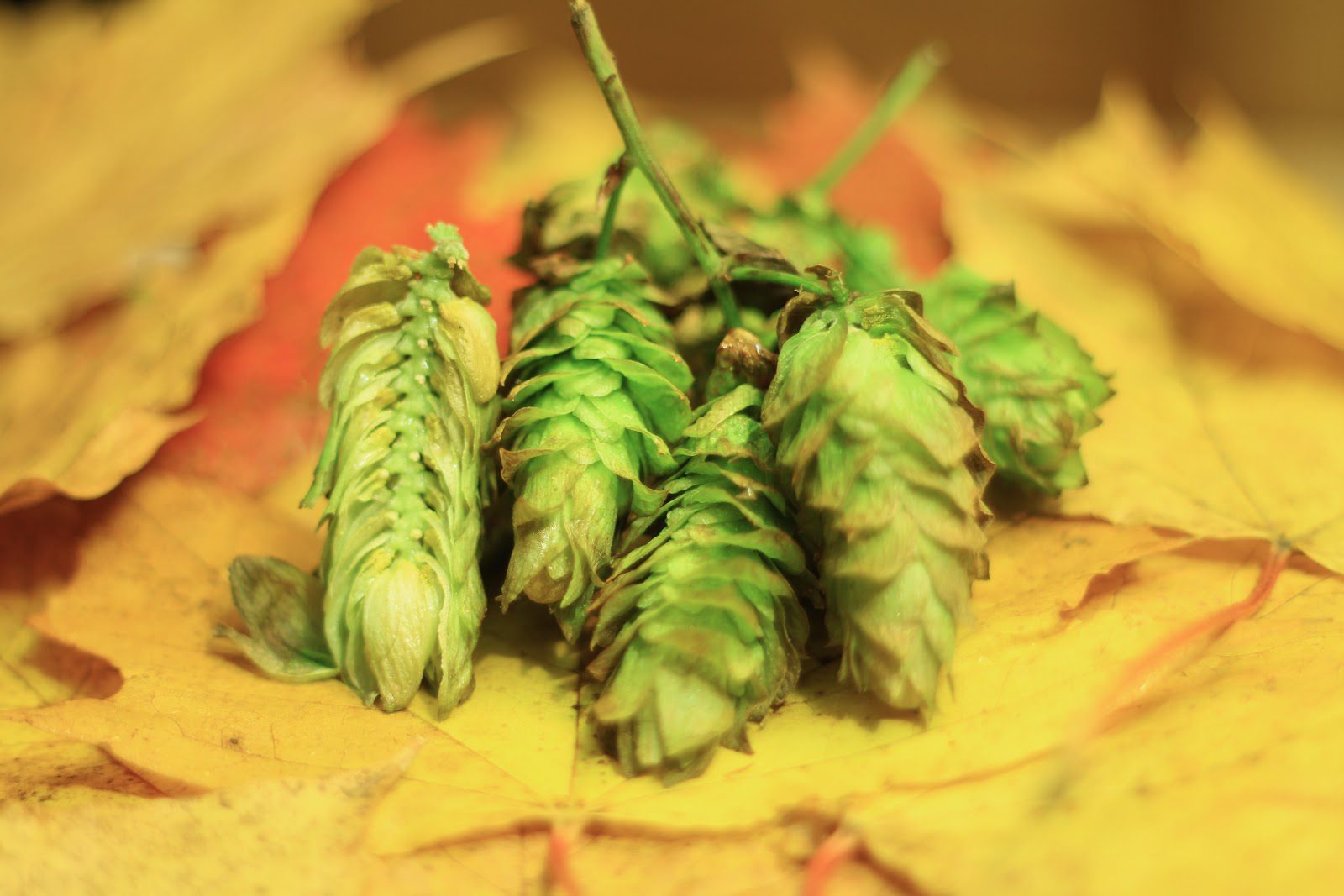
This is great news for consumers, but it also benefits florists and craft brewers who rely on relatively fragile goods often needed to be shipped by air. A recent test for RipeLocker’s containers involved packaging and shipping 240 lbs of Comet and El Dorado hops from CLS Farms in Moxee, Washingtonto Thomas Hooker Brewing in Hartford, CT. After six weeks in the containers, the hops were still in their farm-fresh condition. A spokesman for the brewery remarked how the containers “dramatically increased the longevity of the unprocessed hops. The result is an IPA with beautiful flavors of grapefruit and candied stone fruit backed up with some pine and resin.” RipeLocker’s containers not only extend the life of perishable goods and benefit the environment, but they also put more people in touch with the taste of fresh produce. That is something to celebrate.

